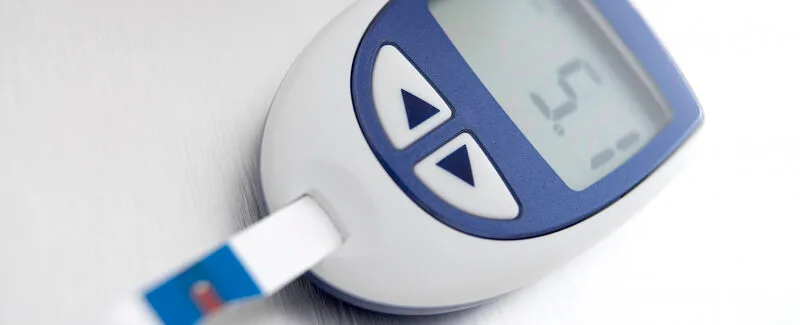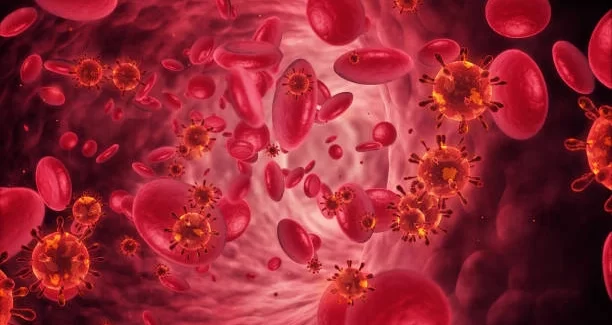10 Foods to Avoid When You Have Type 2 Diabetes

Posted Date: February 11th, 2024
Living with type 2 diabetes can be challenging, especially when it comes to making food choices. Your diet plays a crucial role in managing your blood sugar levels and overall health. While there are many healthy and delicious foods you can enjoy, there are some that you should avoid or limit. In this blog post, we will discuss 10 foods you should avoid when you have type 2 diabetes.
In This Article
- 10 Foods To Manage Your Diabetes
- 1. Sugary Beverages
- 2. Processed and Refined Carbohydrates
- 3. Highly Processed Snacks
- 4. Fried Foods
- 5. High-Sugar Breakfast Cereals
- 6. Candy and Sweets
- 7. Fruit Juices and Dried Fruits
- 8. Fatty Cuts of Meat and Processed Meats
- 9. Full-Fat Dairy Products
- 10. Alcohol in Excess
- Conclusion
10 Foods To Manage Your Diabetes
While individual dietary needs may vary, here is a general list of 10 types of foods that individuals with Type 2 Diabetes are often advised to limit or avoid:
1. Sugary Beverages:
Why to avoid: Sugary drinks, such as sodas and fruit juices, can cause rapid spikes in blood sugar levels. They are also high in empty calories and contribute to weight gain.
Alternatives: Water, herbal teas, and drinks sweetened with non-nutritive sweeteners in moderation.
2. Processed and Refined Carbohydrates:
Why to avoid: Foods made with white flour and refined sugars can lead to quick increases in blood sugar levels. They lack fiber, which helps regulate blood sugar.
Alternatives: Choose whole grains like brown rice, quinoa, and whole wheat, which provide more fiber and nutrients.
3. Highly Processed Snacks:
Why to avoid: Packaged snacks like chips, cookies, and pastries often contain unhealthy fats, high levels of sugar, and lack nutritional value.
Alternatives: Opt for healthier snacks such as nuts, seeds, vegetables with hummus, or Greek yogurt.
4. Fried Foods:
Why to avoid: Fried foods are often high in unhealthy trans fats and can contribute to weight gain and insulin resistance.
Alternatives: Choose cooking methods like baking, grilling, steaming, or sautéing with healthier oils in moderation.
5. High-Sugar Breakfast Cereals:
Why to avoid: Many commercial cereals are loaded with sugar, leading to quick spikes in blood sugar levels.
Alternatives: Choose whole-grain, low-sugar cereals or opt for a breakfast with protein and fiber, such as eggs with vegetables.
6. Candy and Sweets:
Why to avoid: These are high in sugar and provide little nutritional value. They can lead to blood sugar spikes and contribute to weight gain.
Alternatives: Satisfy sweet cravings with small portions of fresh fruits or sugar-free alternatives in moderation.
7. Fruit Juices and Dried Fruits:
Why to avoid: While fruits are healthy, fruit juices and dried fruits can be concentrated sources of sugar. They can lead to quick spikes in blood sugar levels.
Alternatives: Consume whole fruits in moderation, as they contain fiber that slows down the absorption of sugar.
8. Fatty Cuts of Meat and Processed Meats:
Why to avoid: High-fat meats and processed meats can contribute to heart disease and may affect insulin sensitivity.
Alternatives: Choose lean cuts of meat, poultry, fish, or plant-based protein sources like legumes and tofu.
9. Full-Fat Dairy Products:
Why to avoid: Full-fat dairy products can be high in saturated fats, which may contribute to heart disease.
Alternatives: Opt for low-fat or fat-free dairy options like skim milk, low-fat yogurt, and reduced-fat cheese.
10. Alcohol in Excess:
Why to avoid: Excessive alcohol consumption can affect blood sugar levels and may interact with diabetes medications. It can also contribute to weight gain.
Alternatives: If choosing to drink, do so in moderation. Opt for lower-sugar alcoholic beverages and consider mixing with sugar-free mixers.
Conclusion:
Managing Type 2 Diabetes involves making thoughtful and informed choices about dietary habits. Avoiding certain foods is crucial to maintain stable blood sugar levels, promote insulin sensitivity, and reduce the risk of complications associated with diabetes. Steering clear of sugary beverages, processed and refined carbohydrates, unhealthy snacks, fried foods, high-sugar breakfast cereals, candy, fruit juices, fatty cuts of meat, full-fat dairy and excessive alcohol helps individuals with Type 2 Diabetes maintain better control over their condition.
Focusing on a balanced diet rich in whole foods, emphasizing lean proteins, whole grains, fruits, vegetables and healthy fats can contribute to overall well-being. Working collaboratively with healthcare professionals such as dietitians can help tailor dietary plans to individual needs, ensuring effective diabetes management while promoting a healthy lifestyle. By being mindful of food choices and adopting a proactive approach to nutrition, individuals with Type 2 Diabetes can enhance their overall health and reduce the risk of complications associated with their condition.





